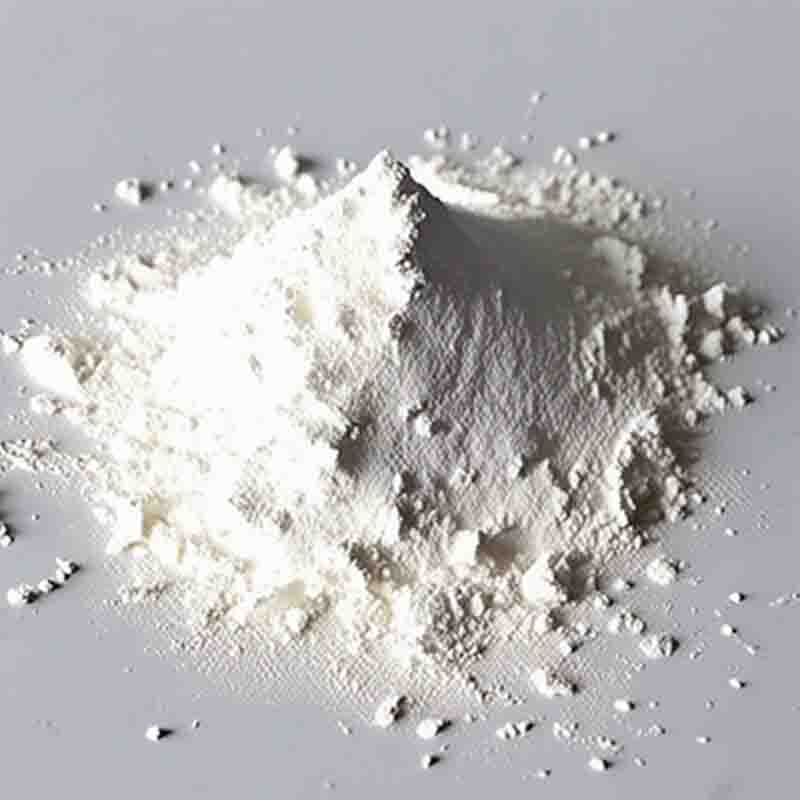N-[(9H-fluoren-9-ylmethoxy)carbonyl]-L-alanine CAS:35661-39-3
| Catalog Number | XD95787 |
| Product Name | N-[(9H-fluoren-9-ylmethoxy)carbonyl]-L-alanine |
| CAS | 35661-39-3 |
| Molecular Formula | C18H17NO4 |
| Molecular Weight | 311.33 |
| Storage Details | Ambient |
Product Specification
| Appearance | White powder |
| Assay | 99% min |
N-[(9H-fluoren-9-ylmethoxy)carbonyl]-L-alanine, commonly known as Fmoc-Ala-OH, is an amino acid derivative that is extensively used in peptide synthesis and organic chemistry. It serves as a crucial component in the construction of peptide chains due to its ability to protect the amino group and facilitate efficient peptide assembly.The primary effect of Fmoc-Ala-OH lies in its role as a protecting group for the amino group of alanine. The fluorenylmethoxycarbonyl (Fmoc) moiety is attached to the amino group, preventing undesired reactions during the peptide synthesis process. This selective protection enables controlled coupling of Fmoc-Ala-OH with other amino acids, ensuring the desired peptide sequence is maintained.Fmoc-Ala-OH is compatible with solid-phase peptide synthesis (SPPS), a widely employed technique for peptide assembly. In SPPS, the peptide is synthesized on a solid support, typically a resin. Fmoc-Ala-OH can be easily coupled with other protected amino acids on the solid support using standard peptide synthesis protocols. The stability and compatibility of Fmoc-Ala-OH with SPPS make it a valuable building block for the construction of peptides containing alanine residues.Furthermore, Fmoc-Ala-OH contributes to the stability and efficiency of the peptide synthesis and purification processes. The Fmoc group shields the amino group, preventing side reactions such as racemization or aggregation that could hinder the synthesis progress. When the desired peptide chain has been assembled, the Fmoc group can be readily removed using a suitable base, leaving behind a free amino group ready for further reactions or analysis.Fmoc-Ala-OH finds applications not only in the synthesis of peptides but also in various areas of research, including drug discovery and development. By incorporating Fmoc-Ala-OH into peptide sequences, scientists can create bioactive peptides and peptidomimetics with specific functionalities and properties. The synthesized peptides can subsequently be analyzed and characterized using techniques such as high-performance liquid chromatography (HPLC) and mass spectrometry.In conclusion, Fmoc-Ala-OH is a valuable component in peptide synthesis, ensuring the protection and controlled coupling of alanine residues. Its compatibility with SPPS techniques, stability during synthesis, and compatibility with purification processes make it a prominent tool in the production of peptides. The applications of Fmoc-Ala-OH extend beyond peptide synthesis and encompass research areas such as drug discovery, where the creation and analysis of bioactive peptides are essential.


![N-[(9H-fluoren-9-ylmethoxy)carbonyl]-L-alanine CAS:35661-39-3 Featured Image](https://cdn.globalso.com/xdbiochems/白色粉末11111.jpg)
![N-[(9H-fluoren-9-ylmethoxy)carbonyl]-L-alanine CAS:35661-39-3](https://cdn.globalso.com/xdbiochems/粉末11130.jpg)
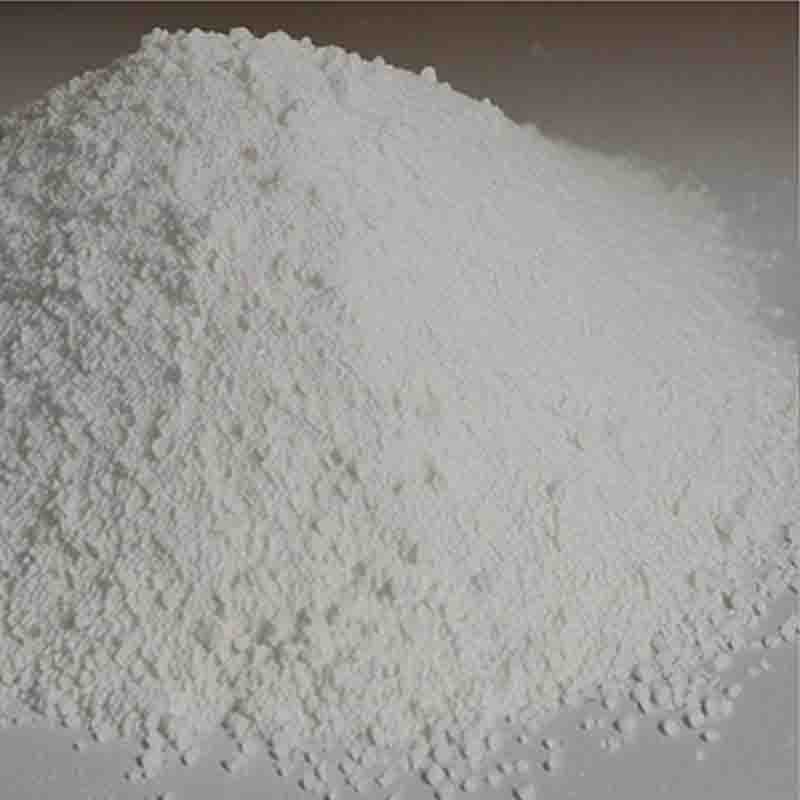
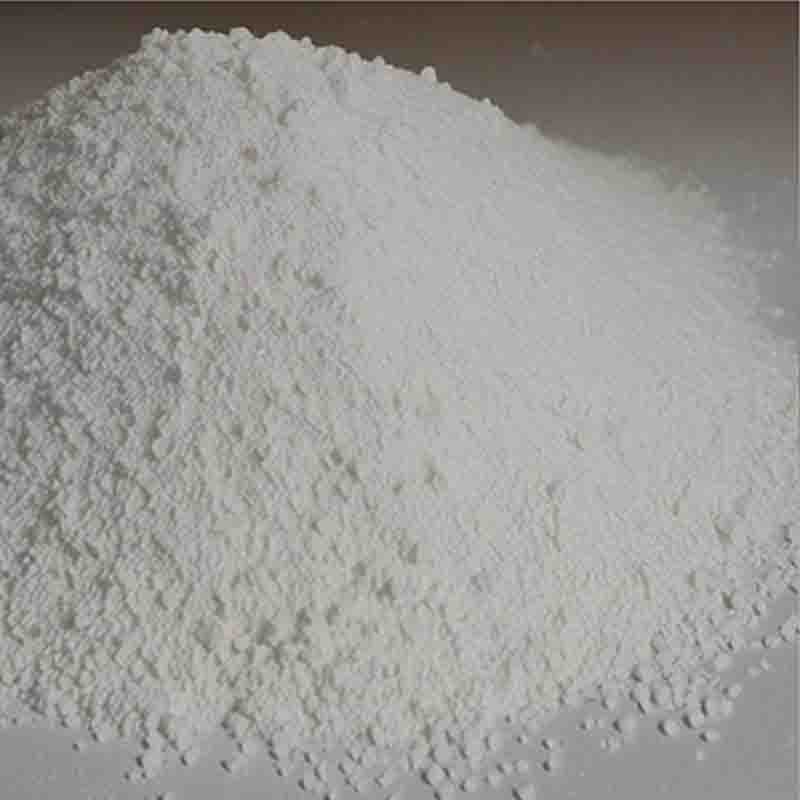
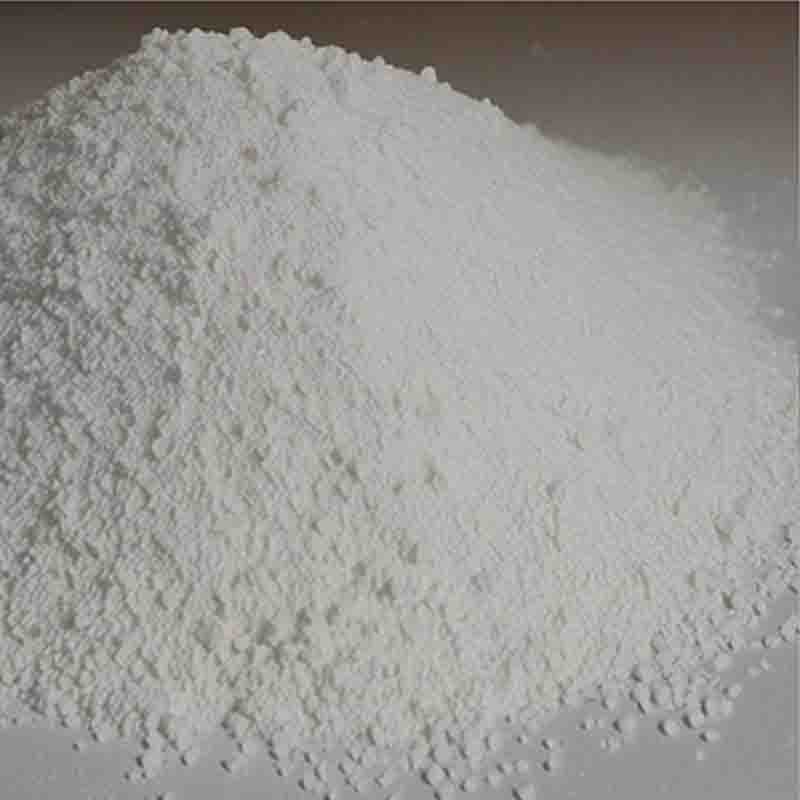
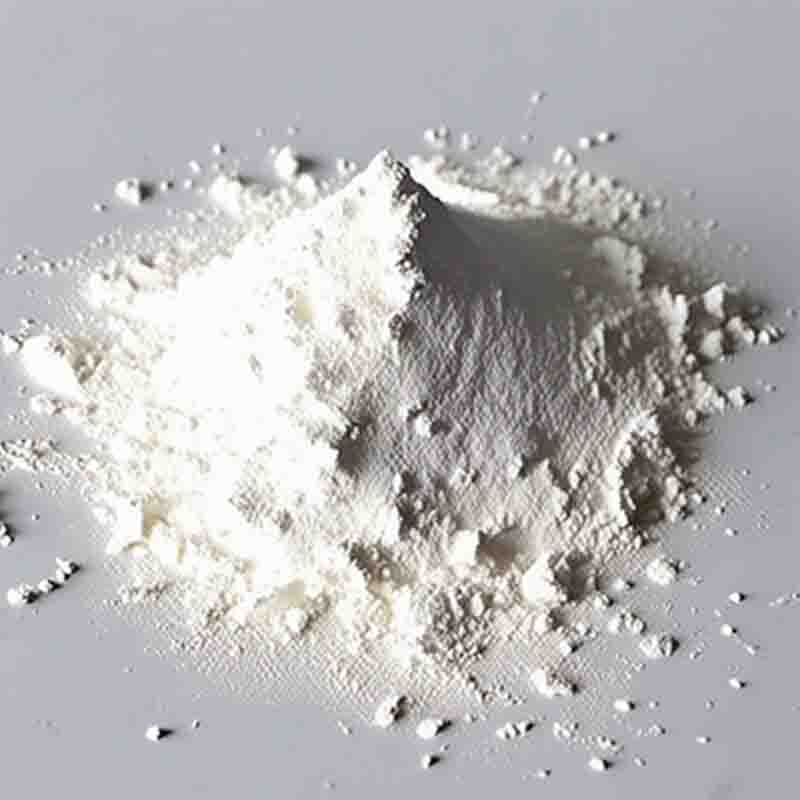
![(3S,4S)-3-[(R)-1-(tert-Butyldimethylsilyloxy)ethyl]-4-[(R)-1-carboxyethyl]-2-azetidinone CAS: 90776-58-2](https://cdn.globalso.com/xdbiochems/白色粉末2468.jpg)
